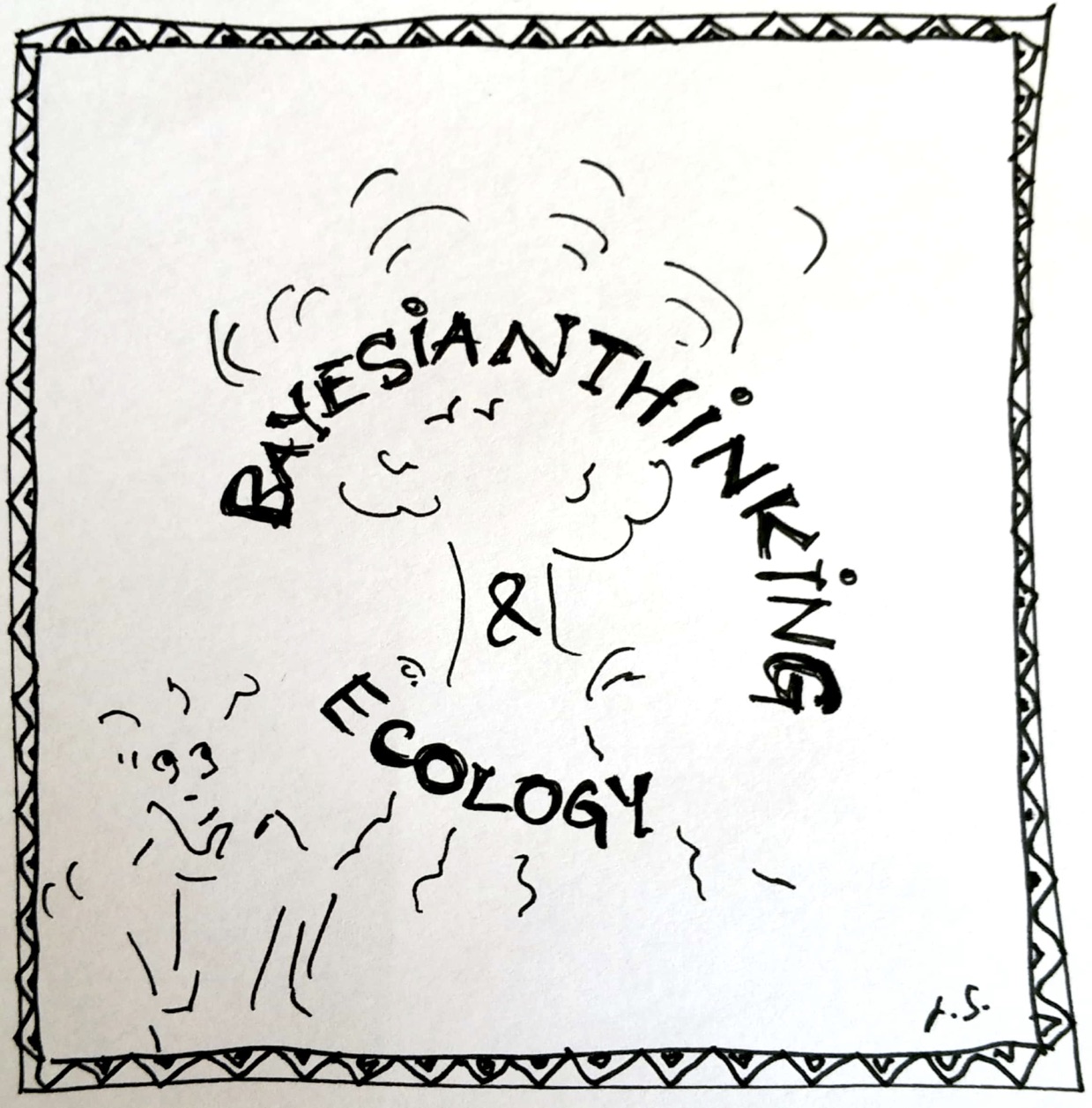Bayesian Thinking and Ecology Workshop

Learn from experts how they use Bayesian methods in their own research, get to know their tools, and apply the newly learned methods in a group project.
When: 12 to 14 April 2021 and 4 to 6 October 2021
Where: Online (Part A) University of Zurich, Irchel campus (Part B)
Who: PhD students and postdocs interested in ecology and statistics. The participants should have basic knowledge of R and statistics and a keen interest in Bayesian thinking.
| Instructors/Experts | Marc Kéry (Swiss Ornithological Institute, Switzerland) |
| Florian Hartig (University of Regensburg, Germany) | |
| Andrea Havron (Research Scientist at ECS Federal, Inc.) | |
| Gian Marco Palamara (CEAB CSIC, Center for Advanced Studies of Blanes, Spanish National Research Council) | |
| Mollie Brooks (Danish Technical University) |
Format: The workshop will be conducted in two parts: i) Lectures, followed by hands-on sessions will take part in 12th-14th April, 2021 (Part A);
ii) Collaborative project, in which groups of 3-5 participants perform a novel (Bayesian) analysis, under supervision of an instructor providing a dataset will take part in Summer or Fall of 2021 (Part B).
Part A will be fully online. Part B is hybrid.
Content Description:
In Part B, experts from ecology and statistics lead group projects to apply Bayesian statistics to ecological questions. You will work with other students in small groups to tackle provided datasets, creating questions, performing analyses and presenting results in a supportive environment. In addition to the group work, experts will lecture on how they apply Bayesian statistics to their work, and provide toolbox sessions on key techniques.See ECO 351 Bayesian Thinking and Ecology Workshop A.
Part A of the course gives an introduction into Bayesian statistics and relevant software (Jags/Stan). Participants will learn relevant skills, such as MCMC sampling, how to use Bayesian statistics in linear regression, to implement simple models in JAGS/Stan and to interpret model output. Part A will contain lectures and exercises, and is a suitable preparation of part B of the course.
About half a day of part A is mandatory to participate in part B. In this part, group projects will be introduced and groups will be formed. Groups are expected to perform some tasks between part A and part B, to ensure the projects can be taken to a more advanced level in part B. The goal of part B is to bring together scientists from ecology and statistics, and to give insights into specific applications of Bayesian statistics to ecological questions. Part A will comprise of lectures, toolbox sessions accompanying those lectures, and group work. In both, part A and part B, transparent and reproducible science is promoted, as is the use of open source software and transparent dynamic reporting.
Organizing committee: Leila Schuh, Dorothea Hug Peter, Frank Pennekamp, Anubhav Gupta, Maarten Eppinga and Oliver Reader
Questions and further Information: Contact us via Twitter DM or by E-mail
Funding Acknowledgement: Funding by the UZH Graduate Campus via a GRC Grant is gratefully acknowledged
How to apply:
Applications are now closed.